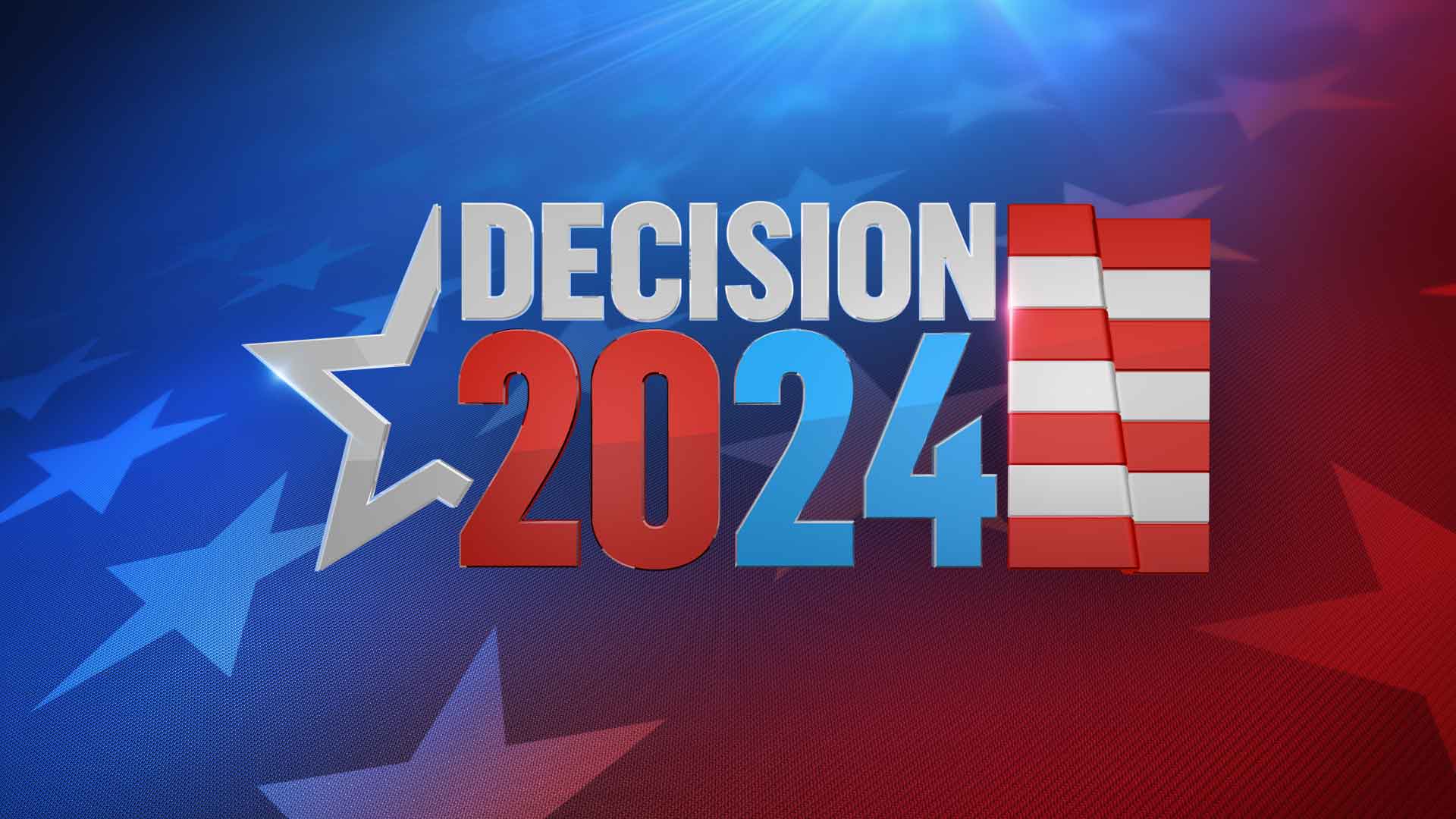
Election Day Voting — What to Know
- Election Day Voter Guide: Find out where and when you can vote on Election Day, what's on your ballot and what you'll need to bring to the polls.
- Can I vote early this weekend? Early voting in Texas ended on Friday, Nov. 1, 2024. If you didn't vote early, the last chance to vote is on Election Day.
- When is Election Day? Tuesday, Nov. 5, is Election Day. On that day, polls will be open in Texas from 7 a.m. until 7 p.m. You will be allowed to vote if you're in line by 7 p.m. on Election Day.
- Who or what is on the ballot? Click the links to filter races by category or county: Federal races | State races | Collin County | Dallas County | Denton County | Tarrant County | ISD props | City props
- How many people voted early? More than 1 million people voted early in North Texas. Click here to see daily early voting totals from Collin, Dallas, Denton and Tarrant counties and compare them to those from previous years.
- How can I vote by mail? The deadline to request a mail-in ballot has passed. Mail-in ballots must be received or postmarked by 7 p.m., Tuesday, Nov. 5. More information on voting by mail in Texas is here.
With the presidential election between Vice President Kamala Harris and former President Donald Trump just around the corner, you may be curious how Texans have voted for presidents in the past.
Recent history shows that Republicans have been able to count on carrying Texas. But that wasn't always the case, and at the rate Texas is adding new voters, it may not be the case in the not-too-distant future.
In the 42 presidential elections in which Texas has participated, Democrats have carried the state 27 times. Before the 1980 election, Texas was reliably Democratic except for a handful of contests, including Hoover (1928), Eisenhower (1952-1956), and Nixon (1972).
Get top local stories in DFW delivered to you every morning. Sign up for NBC DFW's News Headlines newsletter.
The state doesn't have county-by-county voting data online for presidential elections before 1992. However, historical data from the Texas Secretary of State shows the last time the popular vote went to a Democrat was in 1976 when Jimmy Carter edged out Gerald Ford by a little more than 100,000 votes. Since Ronald Reagan won in 1980, it's been all Republicans.
While Republicans are expected to carry Texas for Trump in 2024, the gap between Republicans and Democrats has narrowed in recent years.
In 2008, Republican John McCain received 4,479,328 votes to Democrat Barack Obama's 3,528,633, a difference of 950,695 votes. Four years later, during Obama's reelection in 2012, Republican Mitt Romney received 4,569,843 votes to Obama's 3,308,124, a difference of 1,261,719 votes.
In 2016, things were a lot closer than in 2012. Republican Donald Trump received 4,685,047 votes to Democrat Hillary Clinton's 3,877,868, a difference of 807,179. In 2020, during Trump's reelection campaign, he received 5,890,347 votes to Democrat Joe Biden's 5,259,126, a difference of 631,221.
The number of additional voters may account for the narrowing gap between Republicans and Democrats in the state. In 2016, Texas had 15,101,087 registered voters. In 2020, the state reported an additional 1.8 million new voters, bringing the total to 16,955,519. That year, the gap closed by about 180,000 votes.
Since 2020, Texas has added roughly another 1.7 million voters, bringing the total registered to 18,623,931. We'll know after the election on Nov. 5 how that affected the gap between Democrats and Republicans this year.
It's important to note that the parties themselves have changed over time and have not always shared the same ideologies and positions they do today. Republicans and Democrats look very different in the modern era compared to those in the 1860s or 1960s. Explore the data below to see how the Lone Star State has previously voted for president.



